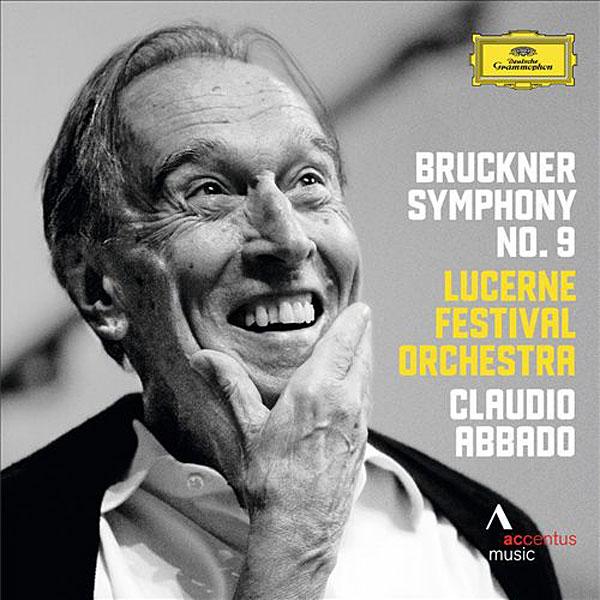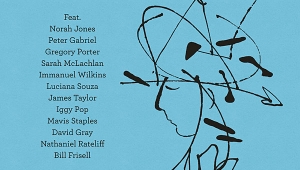| Columns Retired Columns & Blogs |
It has becoming a fitting tradition that a few great conductors have approached the end of their careers directing a work that, if we are to believe some accounts, Bruckner himself worked on to within a few hours of his own passing.
Wonderful it is that Claudio Abbado was able to direct, and to record, this final testament to his own illustrious career, and to the great composer himself. I look forward to listening to this recording.
Other conductors who recorded the Bruckner 9th in their final years included Bruno Walter and, in a frequently overlooked and forgotten rendering, Leonard Bernstein with the VPO.
Other powerful and memorable renditions of this great work include the 1980s CSO/Solti recording on Decca, the 1990s BPO/Barenboim recording on Teldec, and the Gunter Wand/BPO recoding on RCA.
I have listened to the "complete" Bruckner 9th with Nickolaus Harnoncourt, again with the VPO. The 4th movement of this work is punctuated with speaking from the conductor himself. The first three movements are among the finest recorded versions of this work.
In closing, for Claudio Abbado fans, one of his many symphonic cycles that I have most enjoyed, on artistic and sonic grounds, was his complete Tchaikovsky symphonies with the CSO on Sony.
The final movement of Symphony No. 1 "Winter Dreams" is the finest interpretation of this movement that I've heard on a recording. This final movement raised my appreciation of the Tchaikovsky 1st among his symphonic ouevre. Abbado's recording of the Tchaikovsky 5th Symphony, again on CBS/Sony with the CSO, may be the finest committed to recorded media. I once had the opportunity to absorb fully this work on the car FM radio on a late-night road trip. It was a great stroke of luck and a memorable experience.
Claudio Abbado leaves us a rich legacy. It's time to pull out some of his recordings for a re-listening to honor his long tenure in music.







































